

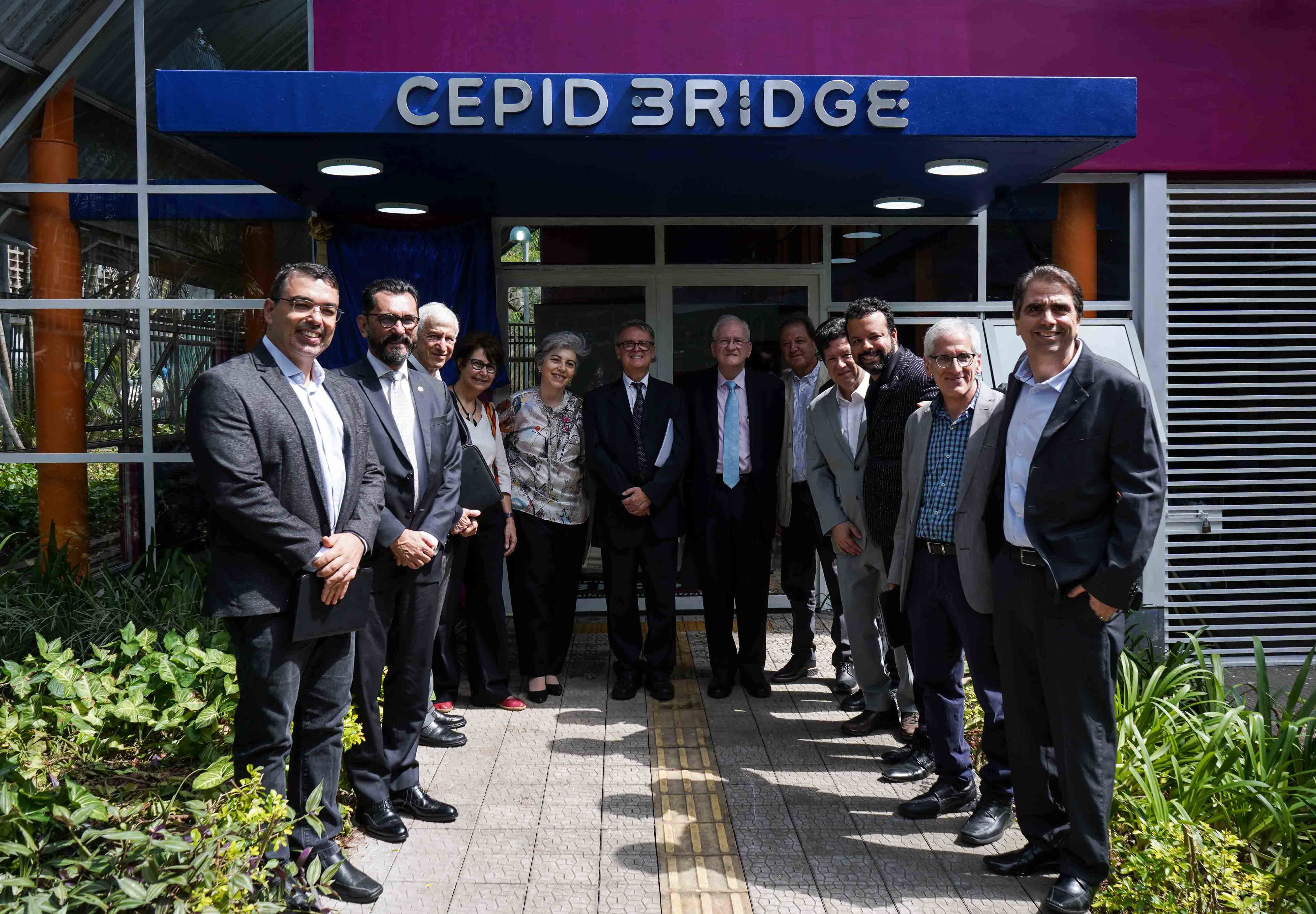
Inaugurated at a ceremony held at the University of São Paulo on March 31st, the FAPESP-funded center aims to tackle complex problems such as climate urgency, inequality and deindustrialization.
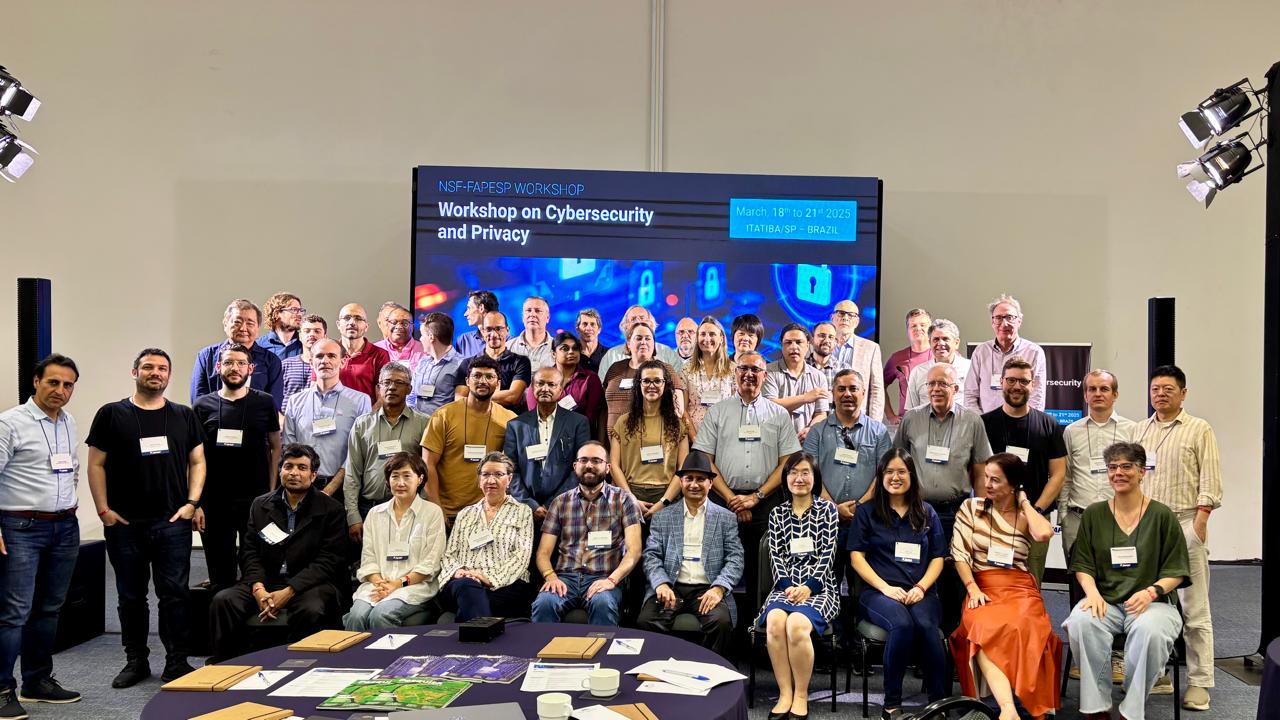
Workshop brought together Brazilian and American experts to discuss new opportunities for collaborative research in the face of increasing volumes of information, the rise of artificial intelligence, the imminent arrival of quantum computing, and the mass production of fake news.

Company developed with the support of FAPESP a process to transform by-products into high-tech materials for batteries.
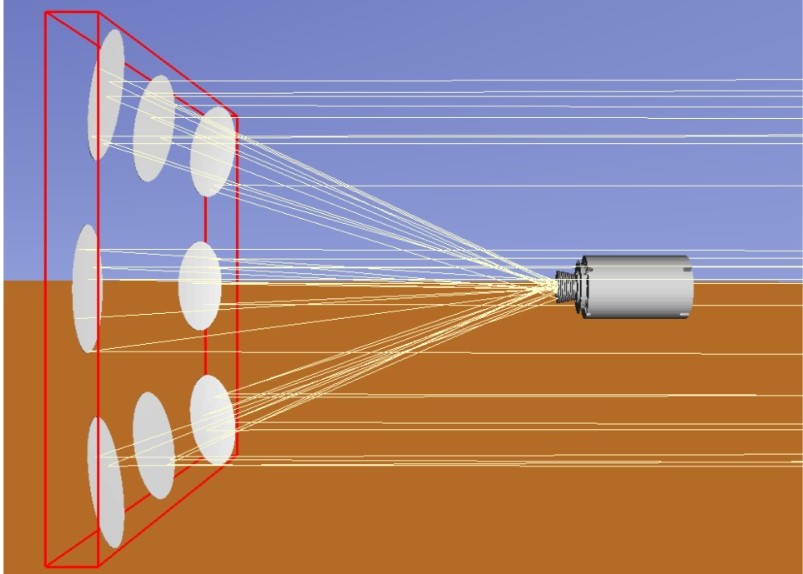
Produced at the Engineering School (POLI-USP), the equipment generates thermal radiation similar to that of the sun. It makes it possible to test devices and technologies in the laboratory without having to rely on ideal weather conditions.
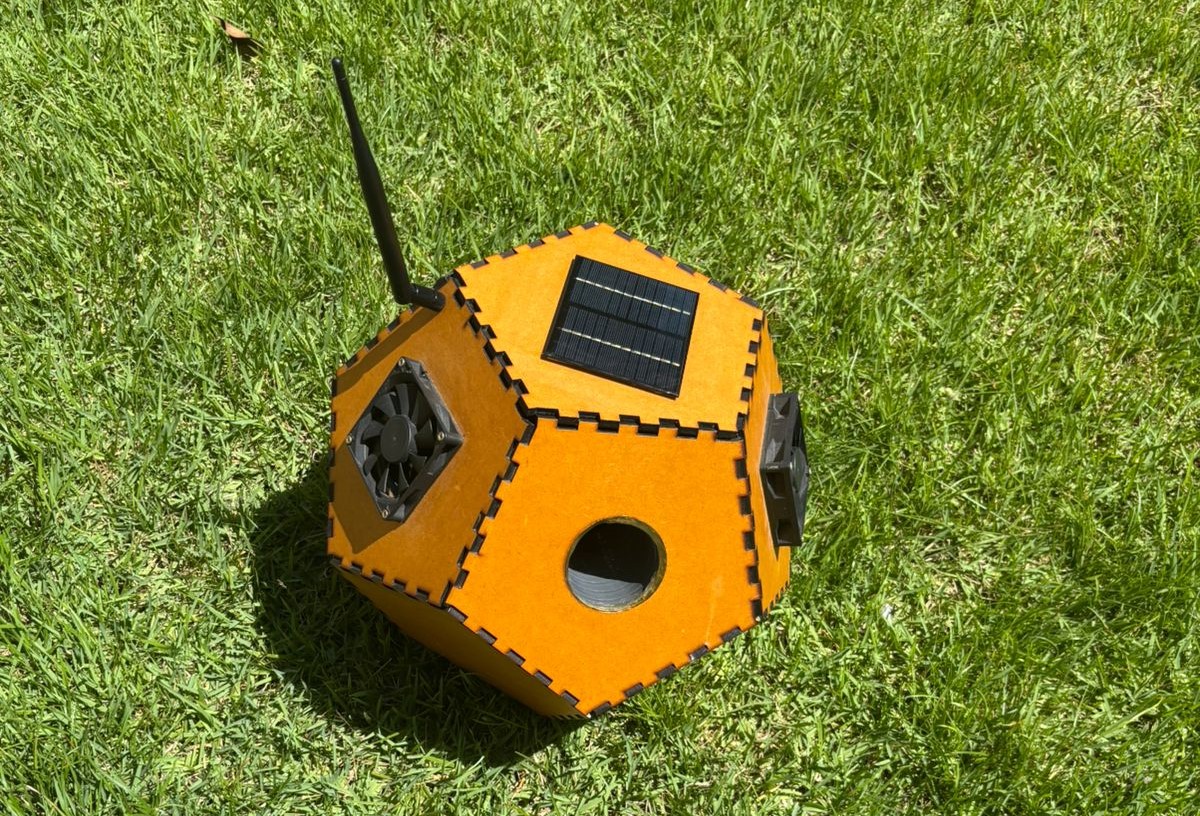
Equipment developed in Brazil by researchers at the National Telecommunications Institute combines Internet of Things devices, high-resolution cameras, and artificial intelligence algorithms to capture and identify female Aedes aegypti without harming other insects.
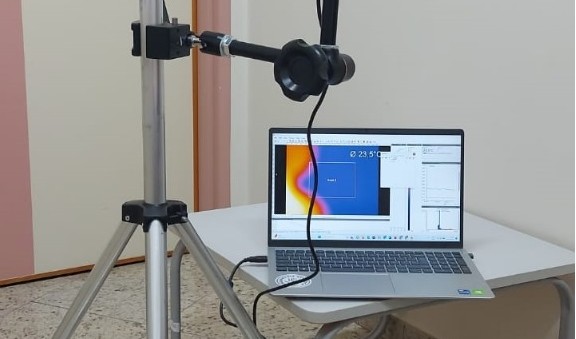
Device developed with the support of FAPESP is more accurate than assessments made by doctors using a dermatoscope.
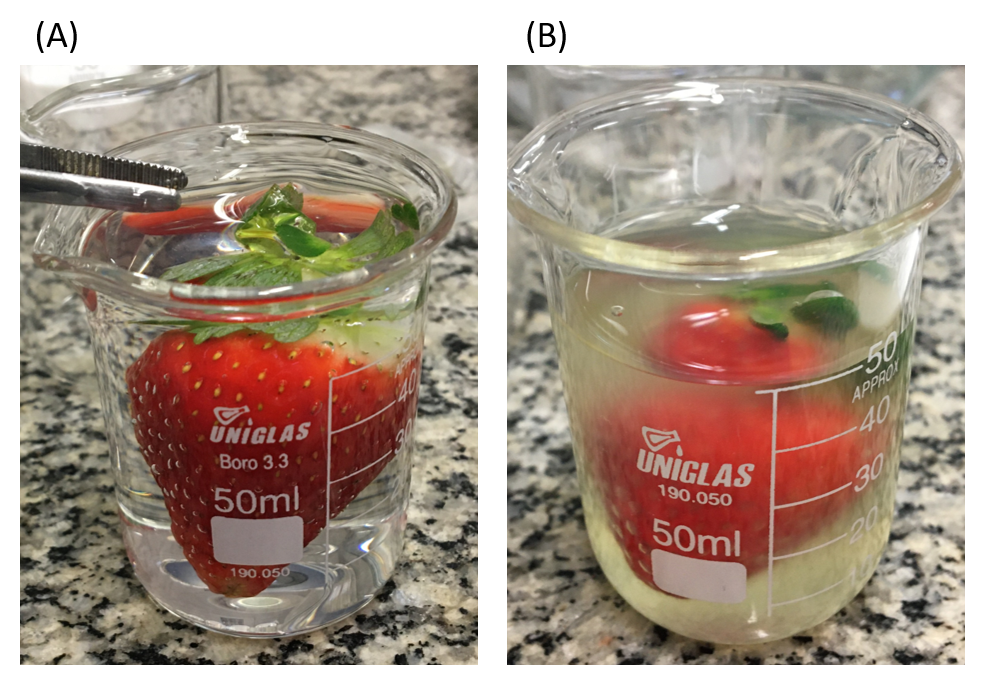
Fruit coated with the material developed by researchers at the University of São Paulo showed 11% less weight loss during storage and took longer to start becoming contaminated by fungi.

An enzyme cloned from an insect found by Brazilian researchers – and genetically modified – makes it possible to monitor intracellular acidity and could be used to study diseases and drugs.

Tool allows issues such as harassment to be identified before they become critical, enabling companies to take preventive action.
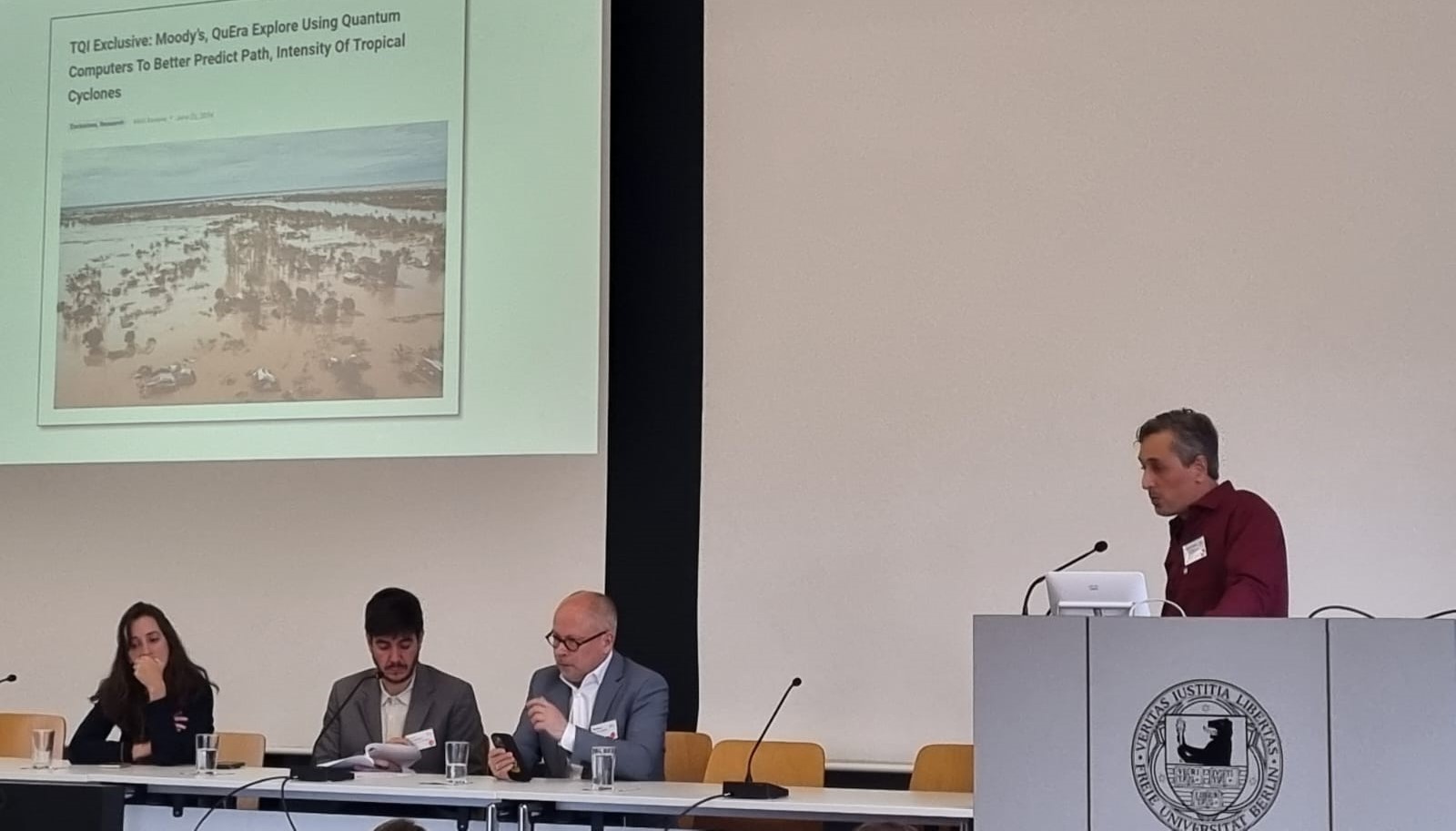
The Albert Einstein Jewish Brazilian Hospital, in São Paulo, creates research group to evaluate potential uses of the technology; the project was presented during FAPESP Week Germany.

Tool developed by startup with support from FAPESP works like a supermarket in the metaverse.

Innovation created by healthtech supported by FAPESP showed the lowest estimation error among all non-invasive methods already available in the world.
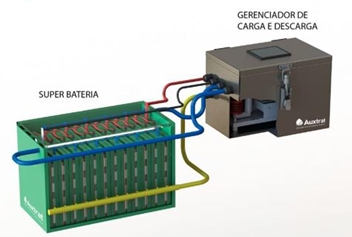
Technology being developed with support from FAPESP allows the device to produce more electric current and could be useful in the automotive, aerospace and marine sectors.
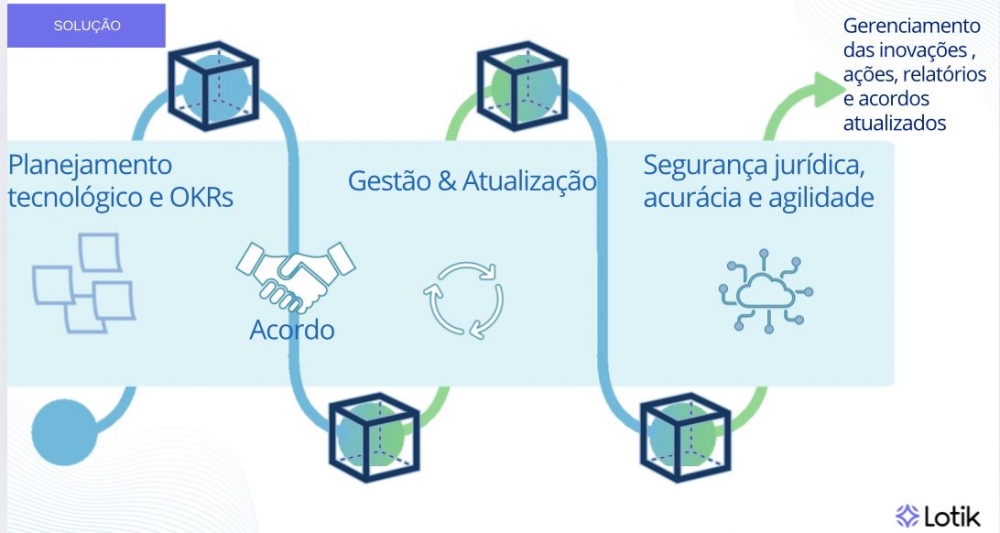
System developed by FAPESP-backed startup allows expectations and intellectual property to be managed while ensuring legal certainty.

Innovative approach developed by research groups in Brazil has already been patented by the National Institute of Private Property.

Tool developed by startup supported by FAPESP can be used by companies of different sizes and adapts to the specific needs of each business.
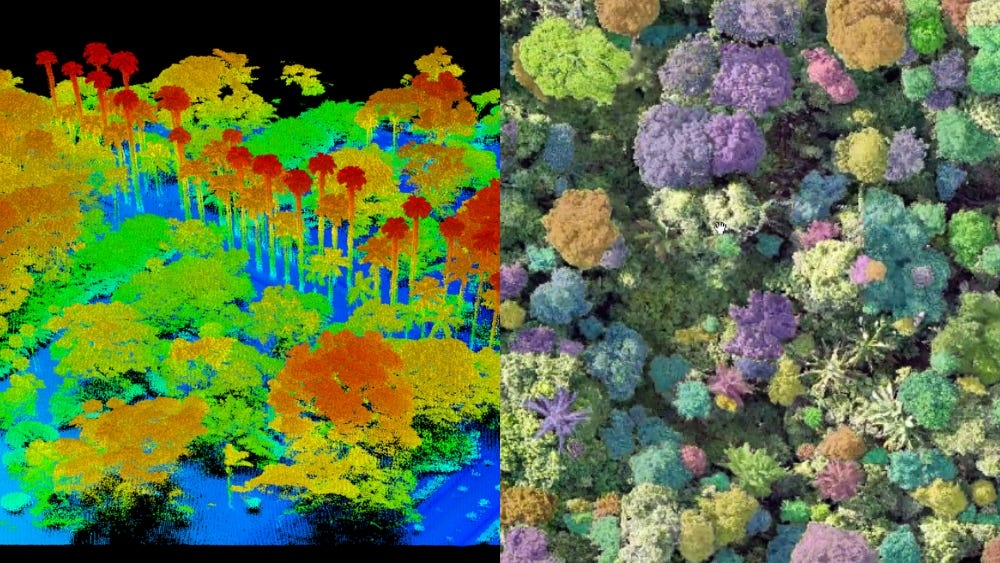
A technology that uses unmanned aerial vehicles developed by a FAPESP-supported startup has enabled Brazil’s leading cosmetics company to complete in six months a census of six species of key importance to its production process distributed across 40,000 hectares of forest in the Amazon.
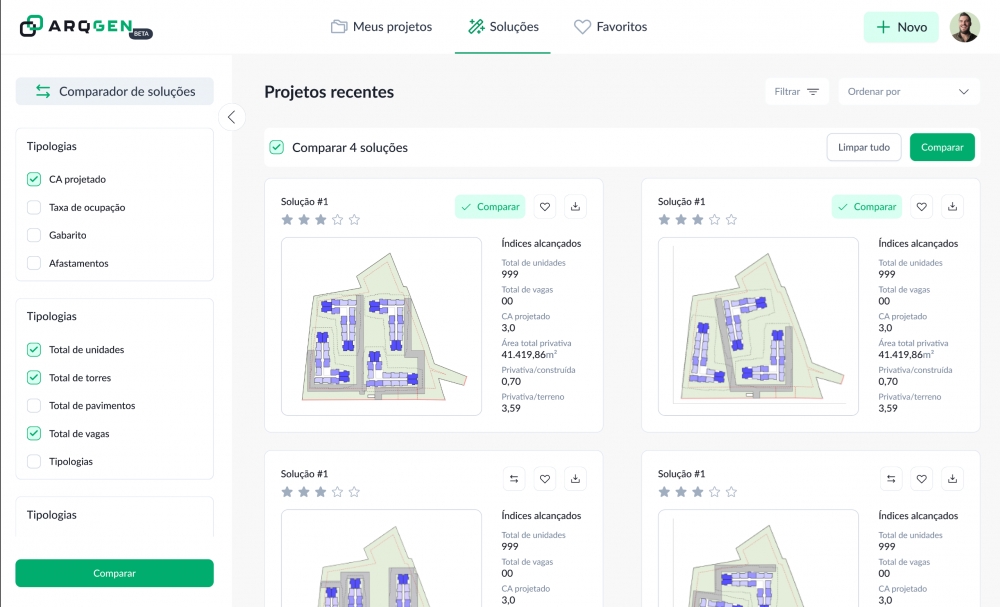
A startup supported by FAPESP has developed a platform that helps property developers optimize site selection and other strategic choices.
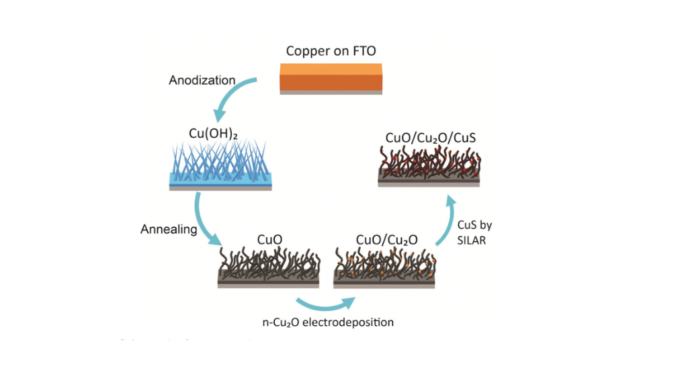
Researchers from the Center for the Development of Functional Materials have found that the material is promising for use in processes to produce hydrogen using solar energy.

The solution developed at the Plasticulture Engineering Center, supported by FAPESP, uses machine learning on time series of satellite images to detect agricultural areas where the material is used with almost 100% accuracy.
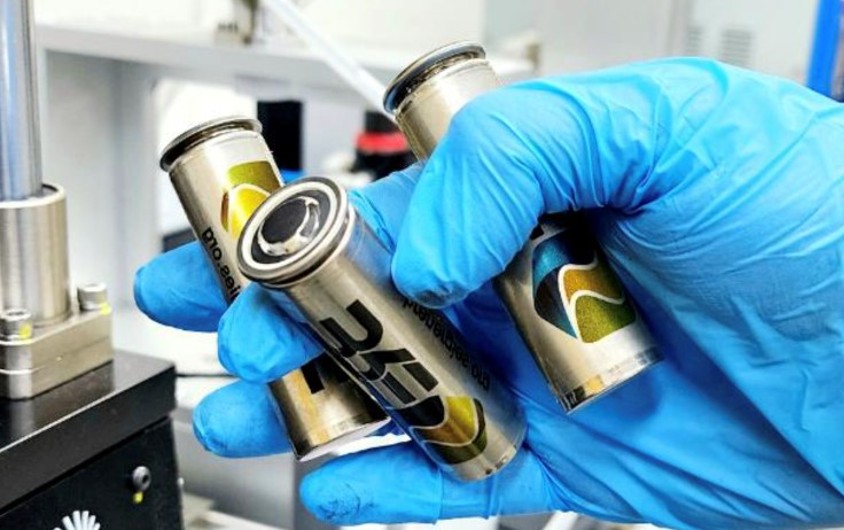
At an event held in Campinas (state of São Paulo, Brazil), FAPESP, Shell, UNICAMP, USP and UFSCar announced the renewal of support for the Center for Innovation in New Energies, which will have 15 new research projects dedicated to improving technologies to make Brazil an exponent in the energy transition.
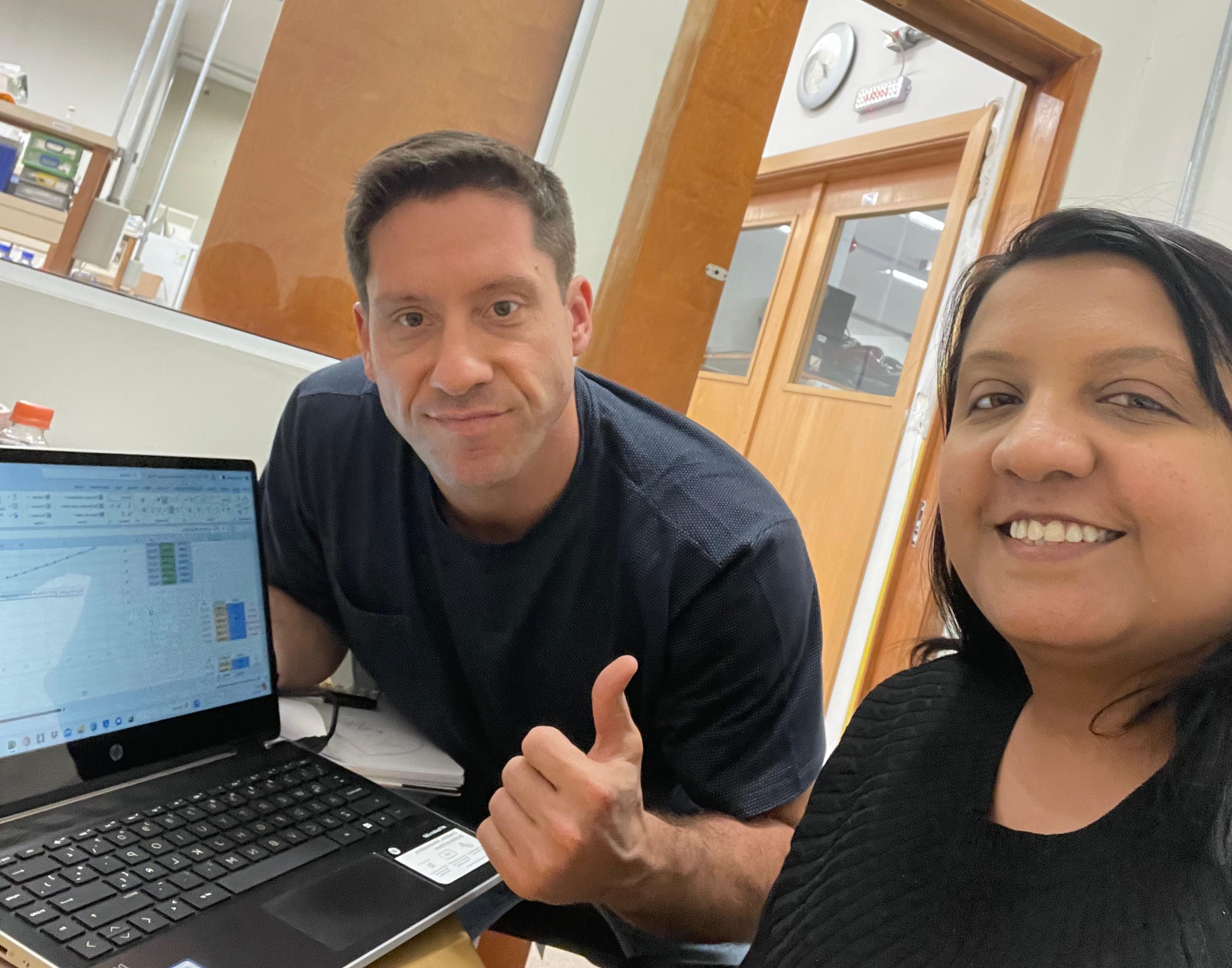
Researchers isolated a strain of Pseudomonas alcaligenes that can withstand temperatures as high as 44 °C from a hot spring in Chile, and characterized the substances produced by the bacterium that help it survive extreme conditions.
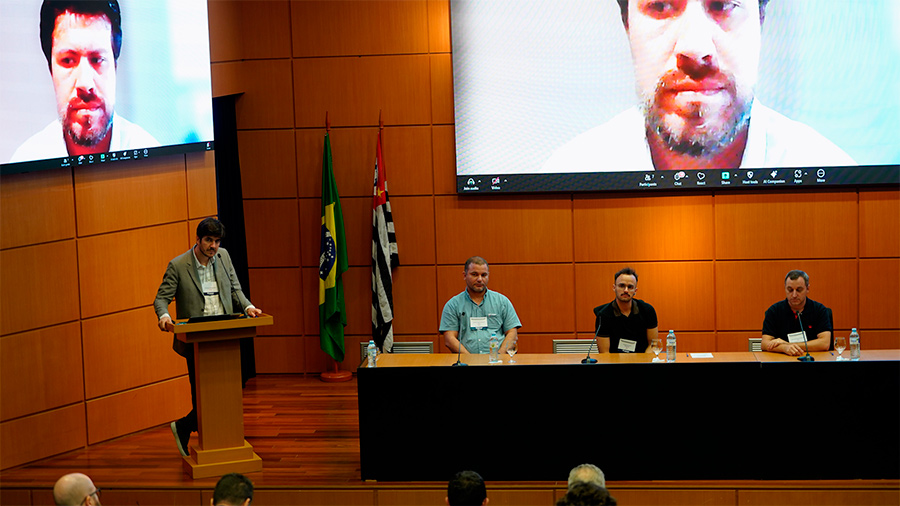
Foundation launches program aimed at accelerating creation, training human resources and stimulating scientific and technological leadership in the state of São Paulo and Brazil in the field, with potential impacts on sectors such as health, agriculture, communications and computing.
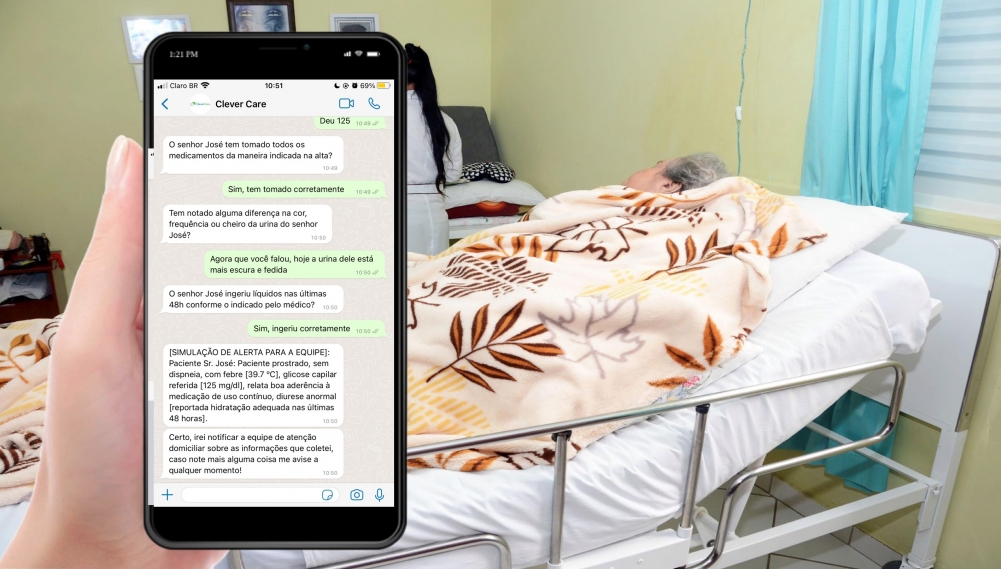
System developed by FAPESP-supported startup provides information and guidance after hospital discharge.
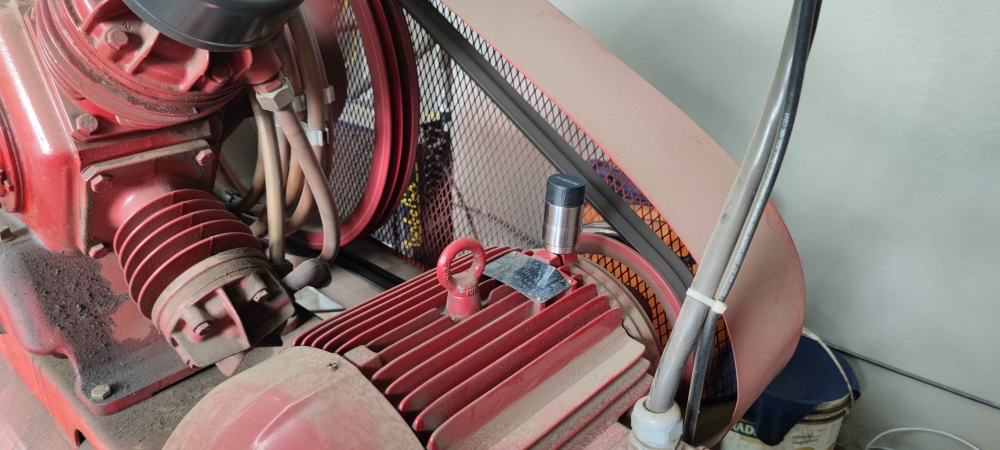
A combination of wireless sensors and artificial intelligence, developed by a FAPESP-supported company, can help companies of different sizes avoid losses due to production interruptions; the startup took part in a business mission during FAPESP Week Spain.